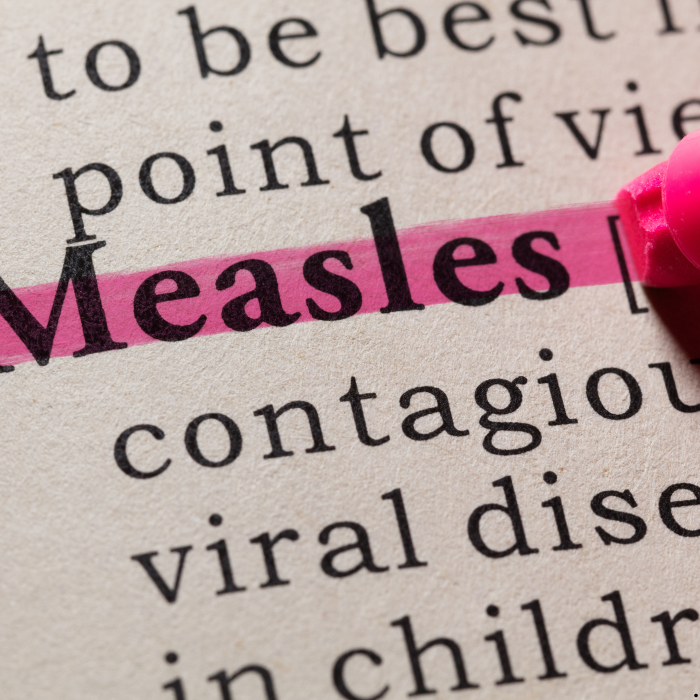Bexsero MenB Vaccine evidence review

A summary of IMAC's evidence review of Bexsero/MenB vaccine.
*Note this is not a systematic review, but a collation of evidence to assist with policy decision-making.
Introduction
Life-threatening invasive meningococcal disease requires prompt treatment. Of those who get it 10-20% get severe organ and tissue damage and can require life-long care; while 10-15% who get it die.
Our evidence review concludes that the MenB, Bexsero® vaccine will provide signficant direct protection for those most at risk. It can be given as part of other routine vaccinations for infants and children, along with prophylactic paracetemol. Vaccination is also recommended for adolescents and young adults at increased risk of meningococcal disease due to life-style factors.
A summary of the review follows, and you can read the full review here.
Risk groups
In New Zealand the highest incidence is seen in infants aged under 12 months, and children under 5 years, particularly those of Māori and Pacific ethnicity.
Strain information
Group B is predominant in NZ, with 14 PorA subtypes detected.
Vaccine and immunogencity
The vaccine contains three recombinant protein antigens, plus the principal component of the historical MeNZB vaccine that acts as an adjuvant for the other antigens.
Infants and children
Most infants and young children experience at least one adverse reaction: injection site tenderness, mild-moderate fever, unusual crying, sleepiness or malaise and irritability.
Compared with other routine vaccines, there is an increased risk for adverse reactions, such as fever and injection site tenderness. Prophylactic paracetamol lowers the risk of febrile seizures and reduces the risk of unnecessary treatment.
Booster doses are associated with increased incidence of fever and injection site tenderness, however the reactogenicity does not appear to increase with subsequent doses.
A reduced 2+1 schedule is shown to be as immunogenic as 3+1.
Further booster doses are recommended for children at increased risk of meningococcal disease beyond the age of 4 years.
Adolescents and young adults
Most adolescents and young adults experience at least one adverse reaction with injection site pain and headache being most common, and fatigue, nausea and fever also being reported. There was no difference between those who received it as a child and those having their first dose or a booster dose.
A single booster dose for those primed in infancy would be sufficient to produce a robust response in an outbreak.
Protection is dependent upon the prevalent disease-causing strains.
An anamnestic response is seen following a booster dose 4 and 7.5 years after initial vaccination in early adolescence (11-17y).
A robust booster response against all four vaccine antigens was seen from 7 days post vaccination in 93-100% of participants, and also in vaccine-naive participants following their second dose (79-100% of participants).
Special groups
The safety profile is similar to healthy individuals but data is limited for these groups.
Children with compliment deficiency were able to produce bactericidal antibodies but lack functional complement for bacterial killing.
Prophylactic antibiotics are required to prevent breakthrough disease in children receiving eculizumab.
Following vaccination, 90% of haematopoietic stem cell transplant (HSCT) recipients had bactericidal antibody response to at least one vaccine antigen (ranging from 15% to 78%). Seroprotection was maintained for 62% of recipients after 9 months.
Vaccine effectiveness
Routine MenB vaccination of infants, children, adolescents and young adults, can signficantly reduce the incidence of meningococcal B disease (by 50-86%).
Further reductions can be gained by encouraging vaccine uptake in high-risk groups, and infants.
Direct efficacy data is limited due to the rareity of the disease however introducing it to the National Immunisation Programme in the UK and Australia saw large declines in group B disease when MenB was introduced in the NIP for infants, adolescents and young adults. Also in Quebec, Canada.
Schedule
Giving two doses of MenB at ages 6 weeks and 3 months, plus a booster dose at 12 months, is likely to provide the best protection for infants in New Zealand. For adolescents aged 15-20 years, two doses 8 weeks apart is best. Boosters and extra boosters can be considered dependent upon risk. (Schedule decision from 1 March 2023: Dose one of Bexsero can be administered from 8 weeks of age, as an alternative schedule or from 6 weeks of age with a prescription.)
Carriage and herd immunity
Vaccination of adolescents does not provide indirect protection. There is no evidence the MenB reduced nasopharyngeal carriage of disease causing meningococci.
Direct protection through individual vaccination is required for all age groups.
MenB vaccination can also provide cross-protection against non-group B meningococci, and potentially enhancing protection provided by MenACWY vaccination.
In summary
As noted above, the Bexsero MenB vaccine will provide signficant direct protection for those most at risk. It can be given as part of other routine vaccinations for infants and children, along with prophylactic paracetemol. Vaccination is also recommended for adolescents and young adults at increased risk of meningococcal disease due to life-style factors.

Trending News








